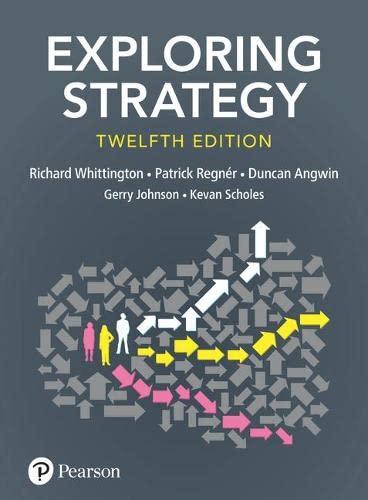Question
Please answer the following questions: 1.First , briefly explain why Hume says that all of our knowledge of matters of fact depends on cause and
Please answer the following questions:
1.First, briefly explain why Hume says that all of our knowledge of matters of fact depends on cause and effect by using these examples (recall the examples Hume gave, e.g., that my friend is in France). In each case, we observe something and then infer something else, which we did not observe. Remember that these are inferences we make based on cause and effect. And explain whether you could be wrong in your inference.
1. It rained last night.
2. Someone just made coffee.
3. My cars battery is dead.
4. Evans spent too much time in the sun.
5. Someone threw a brick through my window.
2.Next, explain why Hume says that our knowledge of cause and effect depends on experience by explaining why Adam, the first man (see notes on Hume part 1, bottom of page 2), without experience, could not have made any of the inferences #1-5.
3.Then explain why all our analogical reasoning, our reasoning from experience to conclusions about what we have not experienced, depends on our assuming that the future will be like the past.
4.Finally, give some examples (at least two) of analogical reasoning, and explain whether you could be wrong in what you expect to happen.
Step by Step Solution
There are 3 Steps involved in it
Step: 1

Get Instant Access to Expert-Tailored Solutions
See step-by-step solutions with expert insights and AI powered tools for academic success
Step: 2

Step: 3

Ace Your Homework with AI
Get the answers you need in no time with our AI-driven, step-by-step assistance
Get Started


